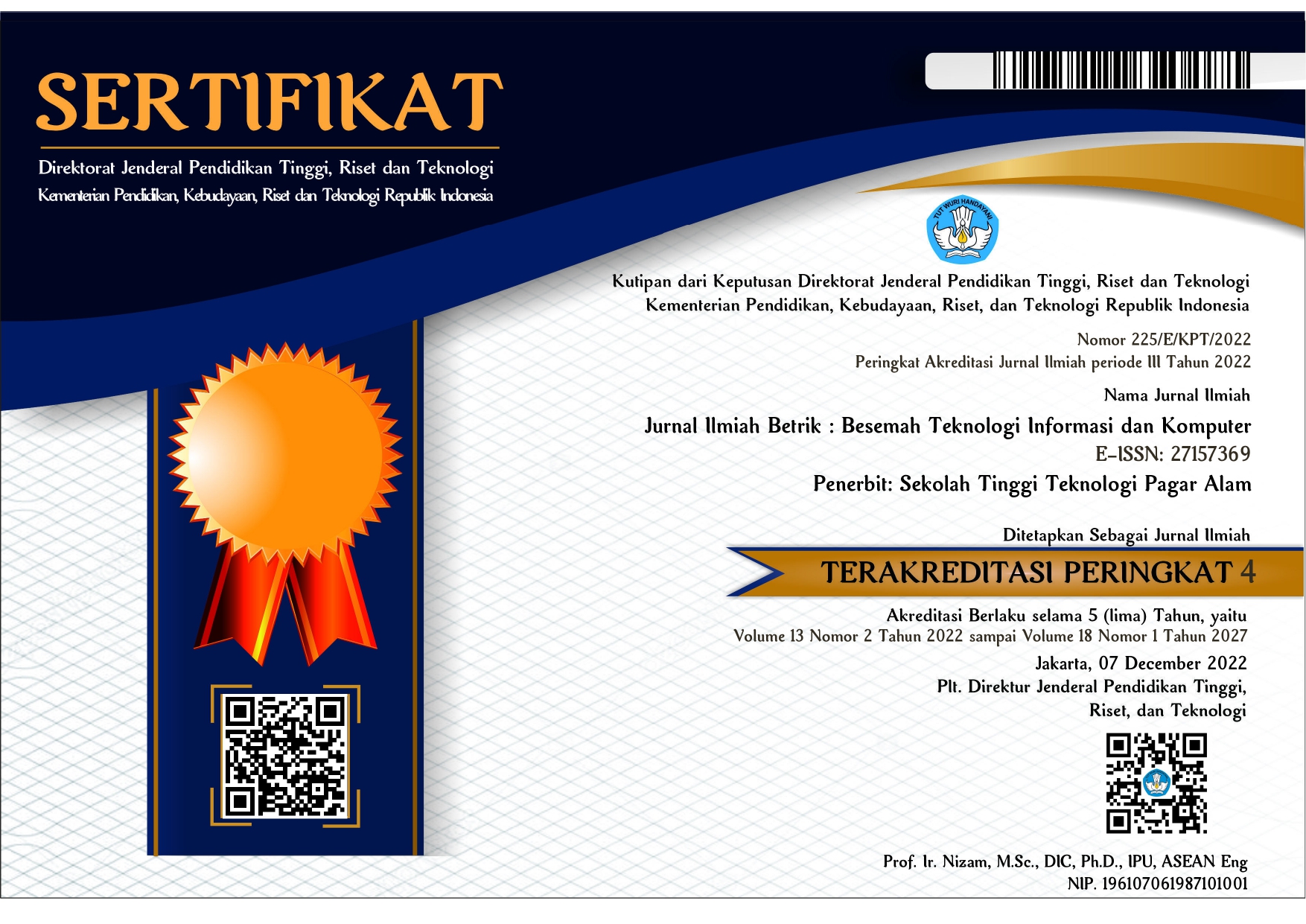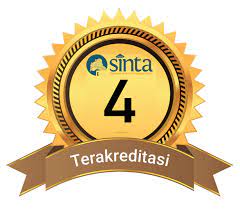ANALISIS PERSEPSI ORANG DALAM KEPERCAYAAN MENGGUNAKAN CRYPTOCURRENCY DI INDONESIA
DOI:
https://doi.org/10.36050/betrik.v13i03%20DESEMBER.46Keywords:
Cryptocurrency, Blockchain, TrustAbstract
This study aims to determine people's perceptions of trust in using cryptocurrency in Indonesia. This study uses a qualitative and quantitative approach with Cryptocurrency and Blockchain variables as independent variables and Trust as the dependent variable. In the qualitative method, 30 samples of people who used cryptocurrency were taken and in the quantitative method, 400 samples were taken of people who used cryptocurrency with a population as of July 2021 of 7.4 million based on data from the Commodity Futures Trading Supervisory Agency (Bappebti) of the Ministry of Trade (Ministry of Trade). The method of collecting data on the qualitative approach is the interview method while the quantitative approach uses the method of distributing questionnaires. Data analysis uses the SPSS application, for qualitative data it will be codified first. Based on the results of qualitative and quantitative data analysis, the authors conclude that the Cryptocurrency and Blockchain variables partially and simultaneously affect the Trust variable with percentages of 87.8% and 73.2% respectively.
References
Y. Diasca et al., “Prosiding The 12 th Industrial Research Workshop and National Seminar Bandung,” 2021.
D. A. F. Nitha and I. K. Westra, “Investasi Cryptocurrency Berdasarkan Peraturan Bappebti No. 5 Tahun 2019,” J. Magister Huk. Udayana (Udayana Master Law Journal), vol. 9, no. 4, p. 712, 2020, doi: 10.24843/jmhu.2020.v09.i04.p04.
M. H. Miraz, K. I. Mohd Sharif, M. G. Hassan, and M. T. Hasan, “Factors affecting e-logistics in Malaysia: The mediating role of trust,” J. Adv. Res. Dyn. Control Syst., vol. 12, no. 3 Special Issue, pp. 111–120, 2020, doi: 10.5373/JARDCS/V12SP3/20201244.
N. Afiyah, “Pengaruh Kemudahan, Kepercayaan, Kegunaan, Dan Kepuasan Terhadap Penggunaan Financial Technology Di Masa Pandemi Covid …,” 2021.
A. S. Permadi, A. Purtina, and M. Jailani, “Pengaruh Pemanfaatan Teknologi Informasi Dan Komunikasi Terhadap Motivasi Belajar,” Tunas J. Pendidik. Guru Sekol. Dasar, vol. 6, no. 1, pp. 16–21, 2020, doi: 10.33084/tunas.v6i1.2071.
G.- MARDIATMOKO, “Pentingnya Uji Asumsi Klasik Pada Analisis Regresi Linier Berganda,” BAREKENG J. Ilmu Mat. dan Terap., vol. 14, no. 3, pp. 333–342, 2020, doi: 10.30598/barekengvol14iss3pp333-342.
C. Djohar and Rifkhan, “Pengaruh Likuiditas Dan Ukuran Perusahaan Terhadap Agresivitas Pajak (Studi Empiris Pada Perusahaan Manufaktur Yang Terdaftar Di Bursa Efek Indonesia Tahun 2012-2017),” J. Renaiss., vol. 4, no. 01, pp. 523–532, 2019.
I. P. S. Dharma Mahendra and A. A. B. P. Widanta, “Analisis Faktor Ekspor Kendaraan Cbu Roda Empat Dan Enam Di Indonesia Tahun 2015 – 2019,” E-Jurnal Ekon. dan Bisnis Univ. Udayana, vol. 10, no. 12, p. 1107, 2021, doi: 10.24843/eeb.2021.v10.i12.p06.
H. Mustafidah, A. Imantoyo, and S. Suwarsito, “Pengembangan Aplikasi Uji-t Satu Sampel Berbasis Web,” JUITA J. Inform., vol. 8, no. 2, p. 245, 2020, doi: 10.30595/juita.v8i2.8786.
Y. Aryani, “Sistem Informasi Penjualan Barang Dengan Metode Regresi Linear Berganda Dalam Prediksi Pendapatan Perusahaan,” J. Ris. Sist. Inf. dan Teknol. Inf., vol. 2, no. 2, pp. 39–51, 2020, doi: 10.52005/jursistekni.v2i2.47.
R. Nurul Ichsan, “Pengaruh Sistem Informasi Manajemen Terhadap Kinerja Pegawai Bpjs Ketenagakerjaan Cabang Medan,” J. Ilm. METADATA, vol. 2, no. 2, pp. 128–136, 2020, doi: 10.47652/metadata.v2i2.26.
Downloads
Published
How to Cite
Issue
Section
License
Copyright (c) 2023 Nelson, Hendi Sama

This work is licensed under a Creative Commons Attribution 4.0 International License.
















